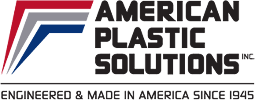Imperial industries
For nearly 70 years, Imperial Industries Incorporated operated at 5850 Sheldon Road, on the border of Canton and Van Buren Townships. Originally a manufacturer of a variety of plastic products, it evolved into a manufacturer of automated metal finishing machinery and corrosion-resistant equipment for industrial material handling and chemical processing.
History
Imperial was founded in April 1945 as ‘B-W-B Plastics, Inc.’ by Charles Betz, Clarkson Wormer III and Donald Buit, operating at 4436 Walker Avenue, Wayne, Michigan. Early on, Wendell Lewellen, Jr. was brought on as a key employee.
Wendell Lewellen grew up in Birmingham Michigan, the son of a General Motors Vice President. During World War 2, he graduated from DePauw University, and was immediately drafted. At his induction, with his college degree, he was selected to become a translator for the free-Chinese air force pilots training in California. Lewellen was sent to Stanford University and received a Master’s Degree in Chinese Language. Early in his assignment as a translator, he contracted a virus and wound up in a military hospital. Here he could participate in either ‘arts and crafts’ or ‘occupational therapy’. He was exposed to plastic fabrication, and was intrigued. After his return to the Detroit area, being a natural salesman, he talked his way into a position at B-W-B Plastics. By 1949, B-W-B was renamed ‘Imperial Industries, Inc.’ and Lewellen was the president.
Early years, 1945-1960
Imperial was a contract manufacturer of plastic products, generally thermoformed, machined, engraved and assembled. Some of their more-recognizable output included:
- ‘Pay Edison Bill Here’ ubiquitous fluorescent pink counter signs seen in bank teller counters, supermarket customer service counters, and Detroit Edison’s own retail stores
- Taxi cab roof lights
- OEM Windshields and windows for Chris Craft boats
- OEM Windshields and windows for Stinson Aircraft
- OEM Rear windows for Chevrolet Corvette removable hardtops (all, 1955-1962)
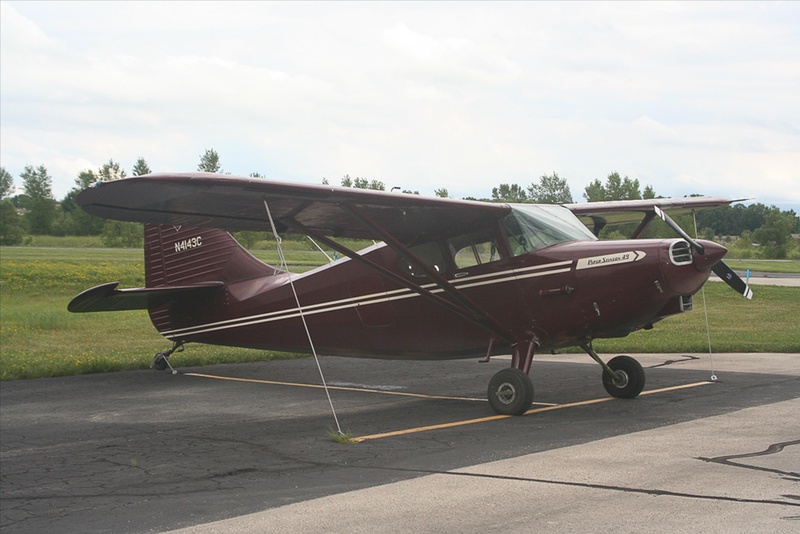
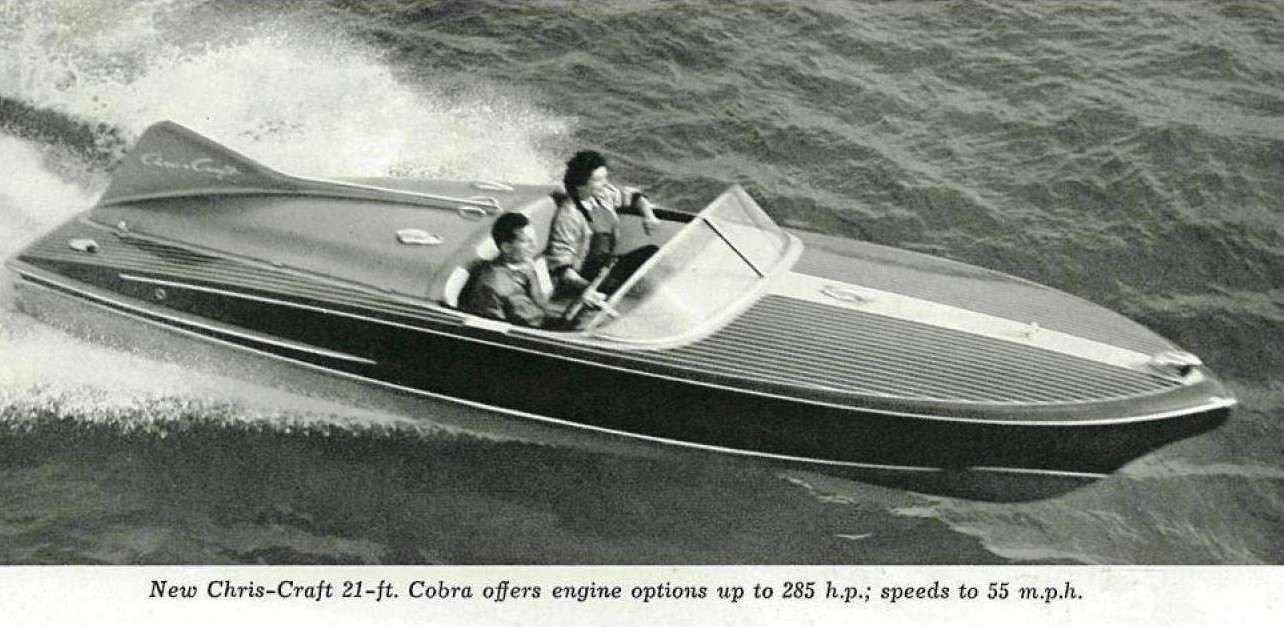
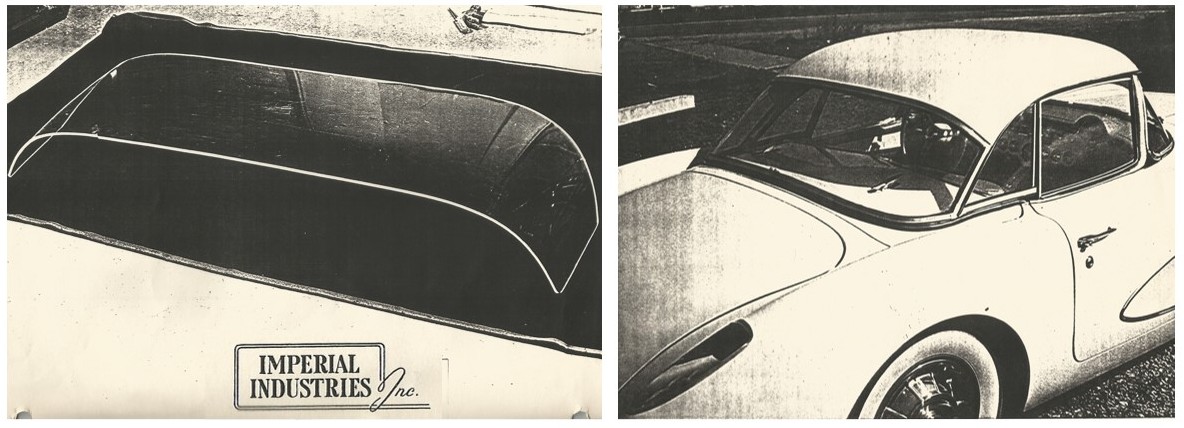
During the 1950’s, Imperial was contracted to manufacture electroplating barrels for the Frederick B. Stevens Company. F.B. Stevens was a Detroit-based manufacturer and distributor of foundry and metal processing machinery and supplies. In the 1930’s, Stevens developed the original automated electroplating system, the ‘Stevens Model C’ machine. This machine was an elongated carousel that would electroplate batches of small parts, such as screws. The parts were carried in perforated ‘plating barrels’, that would rotate and be mechanically transferred in and out of a series of plating chemical baths. The perforations would allow the chemical solutions to drain through the sides and bottoms of the plating barrels. These barrels were then made of acrylic plastic. This business influenced Imperial's later decision to develop their own line of plating equipment.
In 1959, Imperial Industries of Florida, Inc. was formed. For several years, Imperial operated a facility in Pahokee, Florida. This plant was set up as a separate corporation, principally to provide boat windshields and windows to Chris Craft. Chris Craft had moved from Algonac, MI to Pompano Beach, FL in 1957.
Also in 1959, Imperial received a contract from General Motors to provide ‘see-thru’ rear deck lids for the novel new rear-engine Corvair they were about to introduce. Each Chevrolet dealer in the U.S. was to receive one of these plexiglass lids, to be assembled onto a new Corvair, for display at the showroom introduction in October. Nearly every one of the fragile deck lids was broken in shipping by Railway Express Agency. Imperial had to rush to produce nearly a duplicate order.
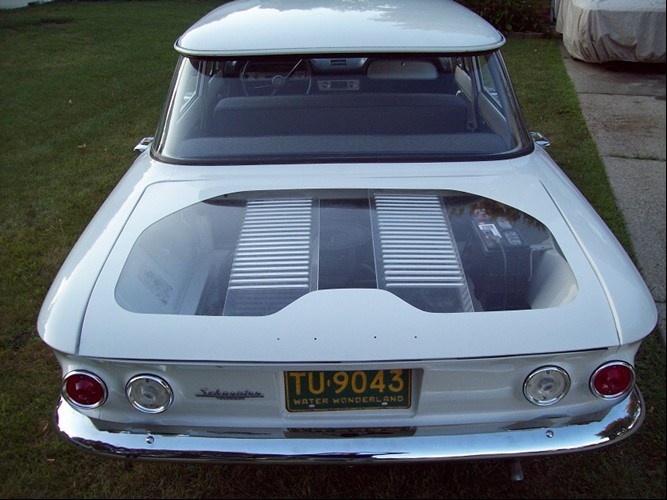
Middle years, 1960-1975
1960—Imperial begins to develop their own line of electroplating equipment, holding patents for several of their innovations. Over the next few years, they would introduce the first polypropylene plating barrels. Tougher, more chemically resistant and able to withstand much-higher temperatures, polypropylene barrels will soon become the industry standard.
- ‘Floating idler gear’ barrel drives
- Titanium barrel hanger arms
- Long-lived premium ‘danglers’ featuring chlorosulfonated polyethylene jackets
1966—Imperial moves to their new 35,000 sq ft plant at 5850 Sheldon Road.

Also 1966—Introduction of the Imperial Automatic Plating Machine:
Lewellen recognized the demand for an automatic plater with much more capacity than the Stevens C and E machines. Lewellen recruited a principal engineer from Stevens’ successor corporation, to design a modular machine that would process 150 pound loads per barrel, where a Stevens C machine could only process 35 pound loads. These machines proved to be quite popular, with General Electric and General Motors being the largest customers for them.
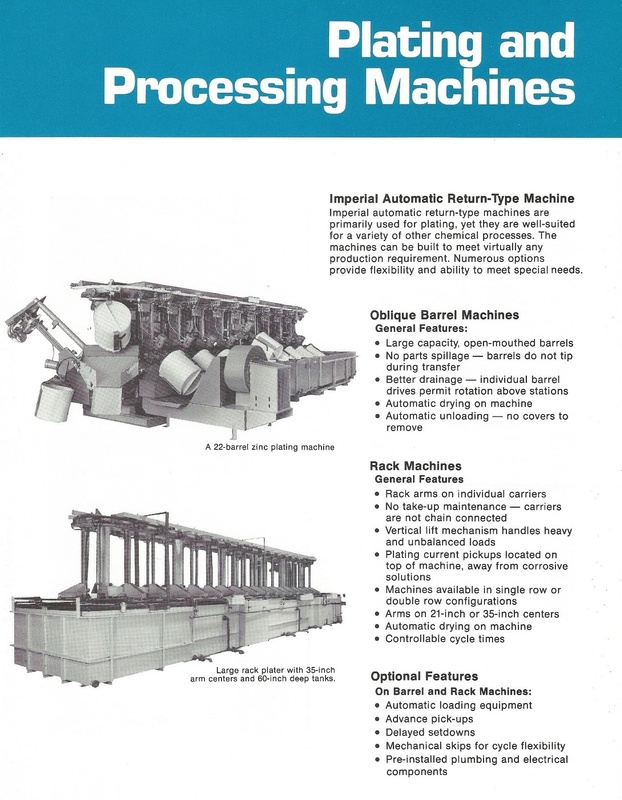
1970—Amicable split between Lewellen and the Betz family. ‘Imperial Plastics, Inc’ is spun off from Imperial Industries. Lewellen retains ownership of the ‘Imperial Industries’ name, the plant, and the electroplating equipment business. The Betz family takes all the existing fabrication accounts not related to electroplating equipment. This newly Incorporated Imperial Plastics Inc moves into a new plant ‘down the street’ at 5700 Sheldon Road, Canton Township.
Through the late 1960’s and early 1970’s, Imperial Industries develops additional types of plating machinery, including:
- ‘Return-type rack machines’ for high volume plating of large parts
- Automated hoist plating systems for rack (large parts) and barrel (small parts) plating, controlled with card readers
- Standalone and integrated loaders, feeders and parts dryers
Imperial Industries developed many of their own manufacturing machinery and processes, including machines to perforate plastic up to 1” thick.
1971—Wendell Lewellen III ("Buck") joins Imperial Industries after college graduation. He becomes the General Manager shortly thereafter.
Early 1970’s—Imperial becomes the leading manufacturer of cathode contact leads (‘danglers’) for the plating industry.
1976-1986 Evolution, Interesting Projects
1979—New construction completed to expand the engineering area.
1981—Installation of two large mirror-image Imperial oblique barrel machines at Schlage Lock, San Francisco. The plating tanks are bussed with 28,000 Amperes of rectified current.
1982—Imperial works with Ball Zinc Products and the U.S. Mint to develop the process to produce copper-plated zinc pennies (that replaced copper pennies), U.S Patent 4781812.
Mid 1980’s—Imperial’s hourly workers vote to decertify from their affiliation with the United Steel Workers of America.
1985—Wendell’s retirement and ownership succession: Majority of stock is purchased equally by Buck Lewellen, Thomas Welke (General Mgr.) and Robert Mittendorf (Engineering Manager); Imperial status changed from C Corp to S Corp.
1986—Imperial’s digitally-controlled random-process system installed at General Electric Drive Systems Division, Salem Virginia, is industry’s largest, most sophisticated metal finishing system. Cover story, Products FinishingMagazine, May 1986.
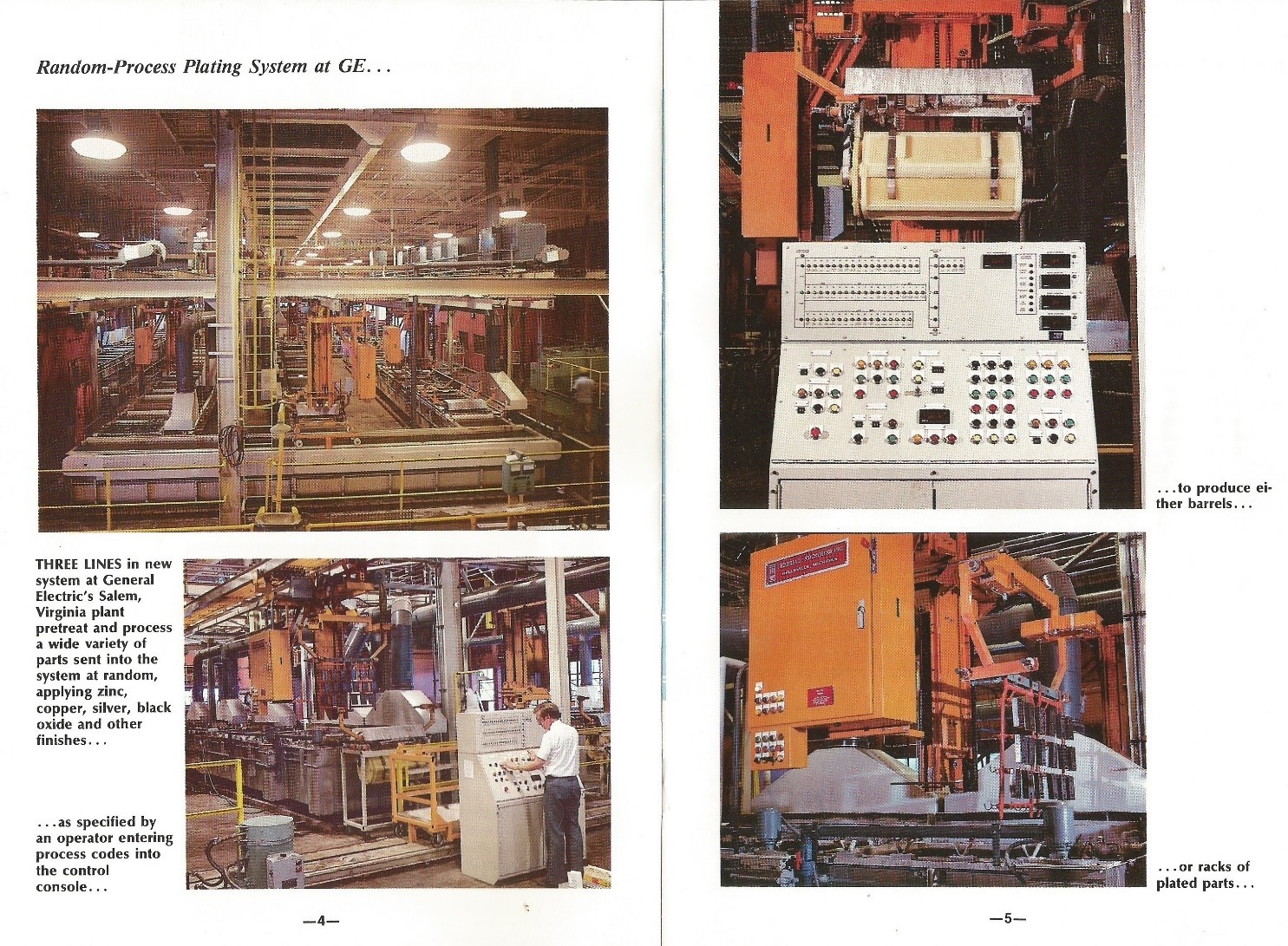
Late 1980’s— During this very-litigious period, Imperial opts to pull back from the large-scale automated equipment market, providing new systems only to previous customers with whom Imperial had well-established relationships. The focus would now be on high-end corrosion-resistant polymer fabrications and commodities.
1990’s to the end— Mittendorf and Welke exercise their buy-sell agreements and leave Imperial for other pursuits. Buck Lewellen remains as the principal owner. The company continues on manufacturing plastic fabrications/tankage/gearing and plating danglers. Gradually, the core key foundational employees retire, including Kathryn ‘Kitty’ Weaver (Sales Mgr), Carl Knieper (Engineering Mgr), Roy Longmire (Production Mgr).
2014— The operating component of Imperial Industries, Inc is purchased by Ann Arbor Plastics Inc, 815 Woodland Dr. Saline Michigan. Imperial and AAP are merged into an entity now known as ‘American Plastic Solutions, Inc.’ at the Saline location.
2015— Buck Lewellen passes away on February 9, 2015.
2020— after 76 years in business, Imperial Industries Incorporated remains active as an operating division of American Plastic Solutions, Inc. The Imperial Industries name, engineering innovations, and product lines continue to exist for the benefit of our company and our beloved customers.
